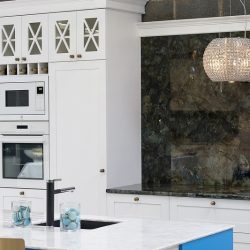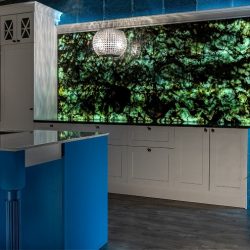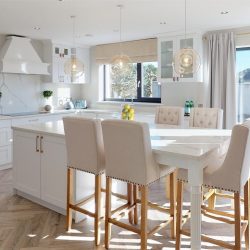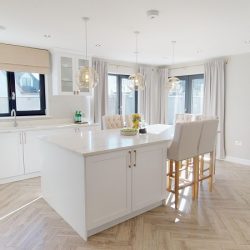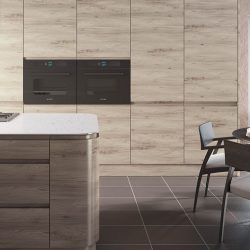Kitchens & Furniture

KITCHENS The kitchen is the heart of your home. As a large investment, it is so important that the place where you meet to talk, eat and plan does everything you need, and inspires you every day. Whether you want a full redesign with a sleek contemporary finish, or simply want an update with more a traditional look, here at ANP inovaciniai sprendimai, we will help you to transform your kitchen today with an extensive range of styles and colours to suit all tastes. Choose from pre-assembled options in a range of matt, gloss, rustic and wood finishes, or tailor your designs to suit your home with a bespoke painted or real wood kitchen
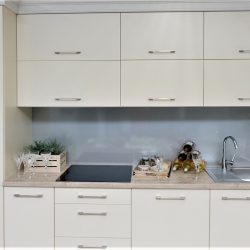
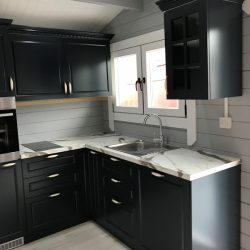
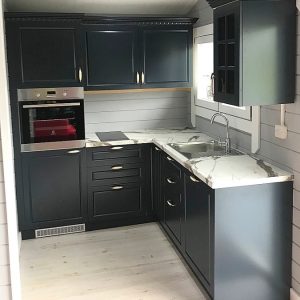
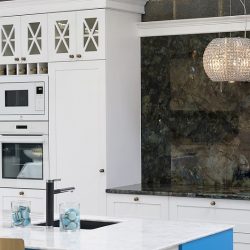
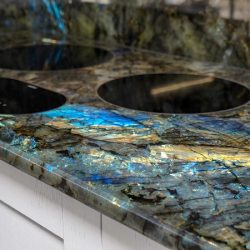
FURNITURE ANP inovaciniai sprendimai provides clever storage for all areas, including bedrooms, living rooms, utility rooms and even your office. We tailor make your Sliding or Hinged doors and wardrobes your way, with your chosen colours and design, using a great selection of wood, coloured glass and mirrored finishes for you to choose from, and an infinite combination of door designs. We also specialize in creating bespoke furniture for use in public and commercial spaces based on architects’ and designers’ specifications. Just tell us what you want and we will do our best to make it happen.
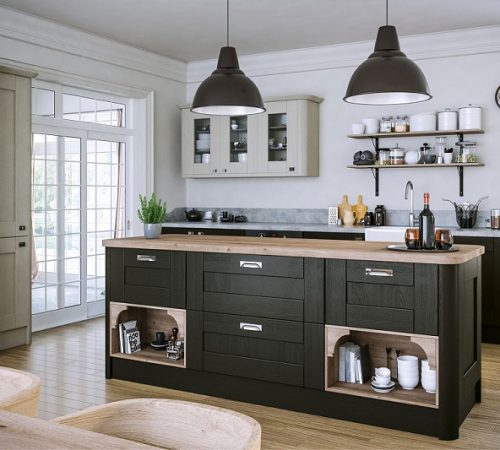
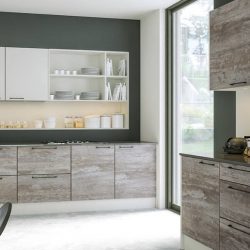
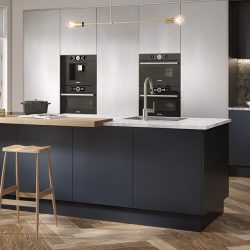
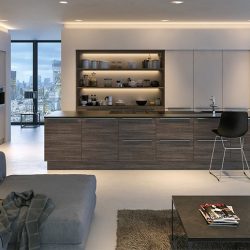
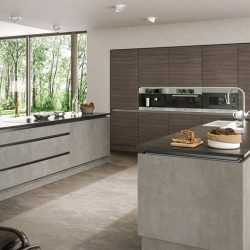

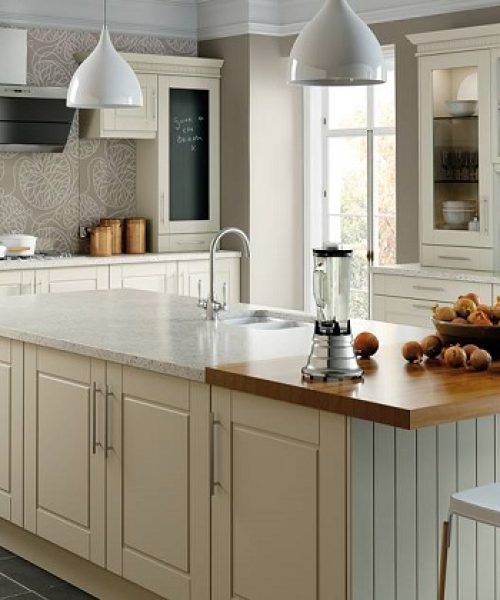
START FROM SCRATCH
With a wide range of styles to choose from, how do you find the right one for your needs? Why not take a look at our kitchen & furniture ranges, browse our tips, so you can start to make some topline decisions?
FIND YOUR STYLE
Modern kitchens & furniture often look much more sleek in appearance, they also often have solid, plain colours to minimize distractions and complement the metallic look of accessories.
Classic furniture are designed to be timeless, complicated and traditional. Timeless features, minor details and neutral colour palettes ensure a look that’s neither too ornate nor too impersonal and can still suit a wide variety of tastes.
Contemporary kitchens and furniture are one of the most popular, and for good reason. They’re clean, stylish and incredibly practical. The essence of a contemporary design is clean, minimalistic spacious and light look, free from all unnecessary objects meaning there will likely be no ornaments present.
Shaker kitchen doors and cabinets, as well as Shaker wardrobes, are a style that feature a flat centre panel and square edges, with minimal detailing or profiling. Shaker cabinet designs are often symmetrical and shy away from intricate carvings and ornamentation. Comparative to the above styles, the Shakers loves rich solid colours for their clothing, as well as combinations.
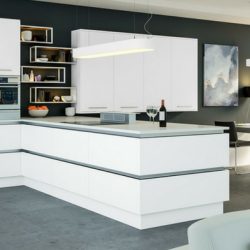
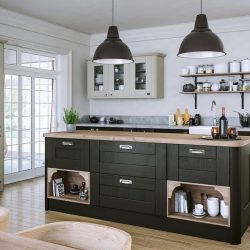
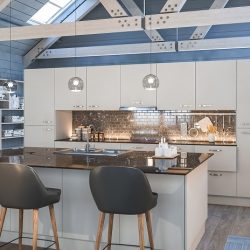
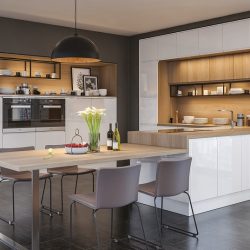
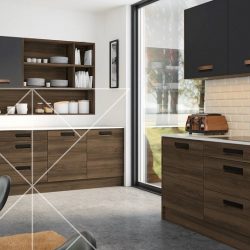
WOOD OR LAMINATE CABINET DOORS
Wood doors are a classic choice. They are elegant, long-lasting, and the beautiful wood grains visible underneath the stain are akin to a finger print, with each one being unique. Keep in mind that, unlike laminate, wood cabinet doors require routine maintenance to preserve their upscale look.
Laminate is the most versatile option on the market. In addition to being available in a wide range of colours and finishes, modern technology has allowed laminate cabinets to look exactly like their real wood counterparts. Laminate cabinets are more affordable than wood cabinetry and much easier to maintain. They’re also less vulnerable to heavy wear and tear, making them an ideal option for young families.
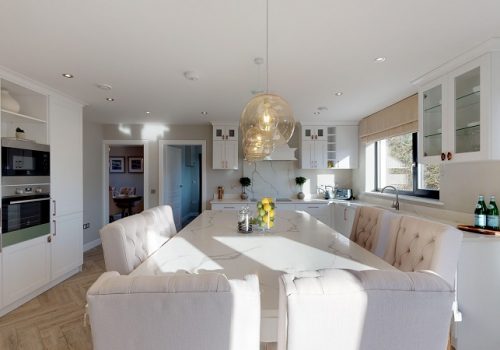
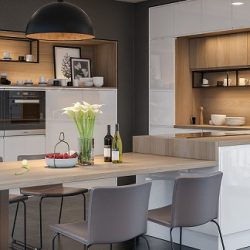
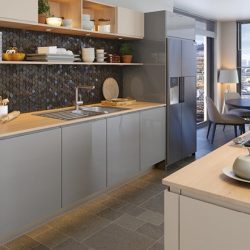
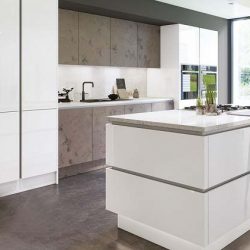

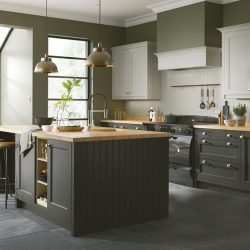

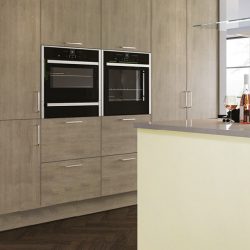

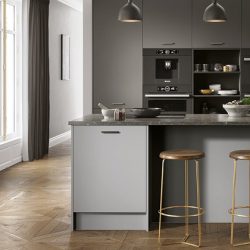

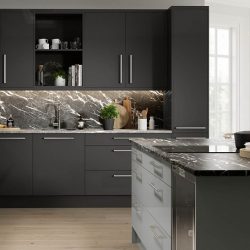




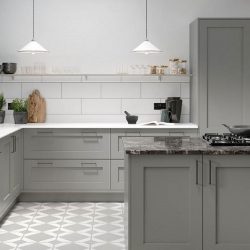
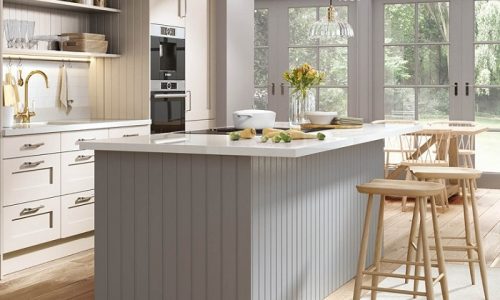
MEASURE THE SPACE
To hit the ground running with your new furniture design, a drawing of your space with accurate measurements will really help. This means we can start to work together on your new project and provide you with a detailed quote. Draw an outline of your kitchen as seen from above. Don’t worry, we’re not expecting a work of art, just a rough outline will do. Be sure this contains any structural features and protrusions. Add any openings your room has to your drawing, this means doors, windows and archways. Use a tape measure and go along of the areas one by one, jotting them down onto your outline as you go.
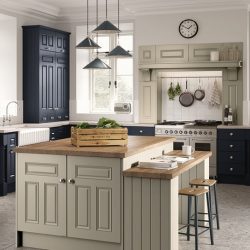
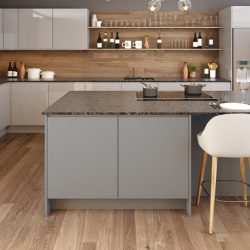

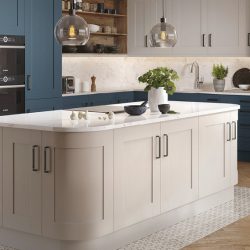
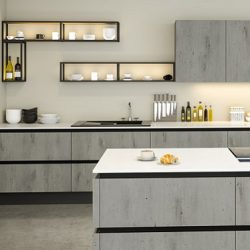
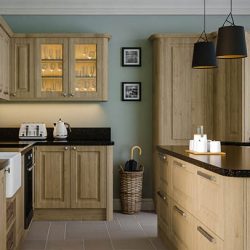
CHOOSE A COUNTERTOP
Stone Worktops. For some, nothing beats the beauty of natural stone, its veining and colouring unique to each slab. Marbles are classically beautiful and luxurious, tend to be rarer and therefore more expensive. Granite is hard and resistant to heat and scratches, but it must be treated with respect to prevent damage.
Laminate Worktop. Long-considered the best budget option, laminates are non-porous, offer easy maintenance and come in lots of design and colour choices. Made by fusing multiple layers of impregnated paper under high pressure temperature, bonded to a substrate, they are resistant to impact, scratching and moisture.
Hardwood Worktops. A traditional favourite for its natural warmth and the character that comes as it ages. If hardwoods are properly sealed and maintained they will last for a long time, but don’t use the worktop as a chopping board, or place hot pans directly onto the wood, as it can scorch. Hardwoods require an initial programme of sealing using oil.
Composite Worktops. Made from natural quartz crystals mixed with a small percentage of binders, and referred to as both ‘quartz composite’ and ‘engineered stone’, this material is very tough, virtually non-porous and resistant to scratches, stains, heat damage and impact, and often comes with a long warranty. Composite is very tough and more durable than many natural stones.
Solid-surface worktops. Made from a blend of acrylic resins, minerals and colourings, solid surfaces are warm to the touch with a natural lustre; they can be totally seamless too with one- piece, moulded sinks and splashbacks. Solid surfaces are stain and water resistant. They’re also heat-resistant to 250°C, but it’s still best to use a trivet. As it is a solid surface material, like hardwood, scratches can be sanded out.
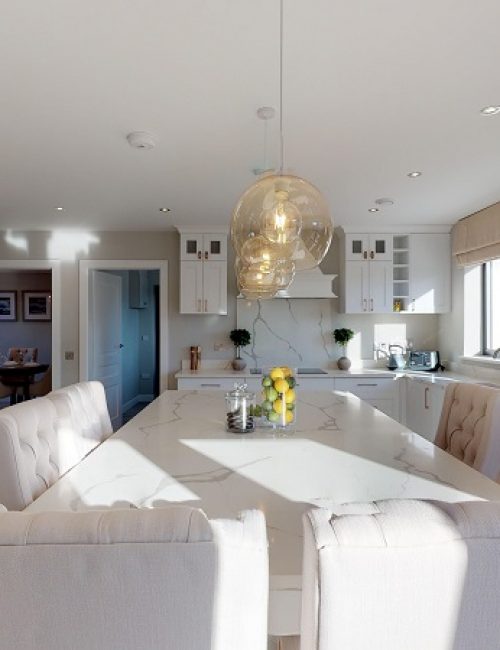
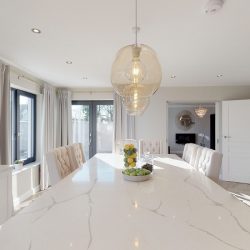





ACCESSORISE YOU SPACE
We know it’s important to be able to accessorise your space, your way. So it’s good to know that we have great selection of accessories from word known brands. From the latest appliances to completing your project with a stunning range of undermount or top mount stainless steel and granite composite sinks, chrome, stainless steel or enamel taps, ending with quality handles, drawers, hinges and storage solutions, we have everything you need to complete your dream project.
LAST BUT NOT LEAST
Frame your kitchen with tiles from our extensive range: glass and stone mosaic, wall and floor ceramic or porcelain tiles, decorative stone. Browse our collections of wood & laminate flooring to find the perfect one that will suit your new furniture.
